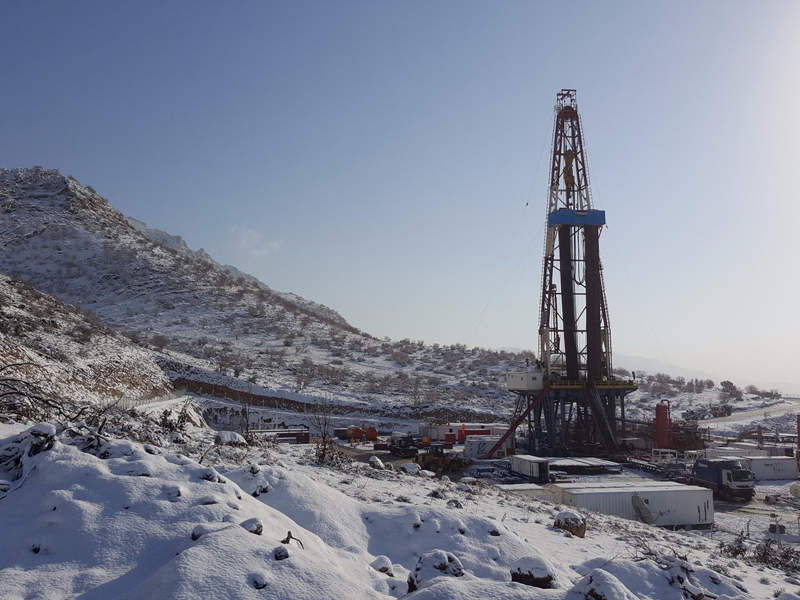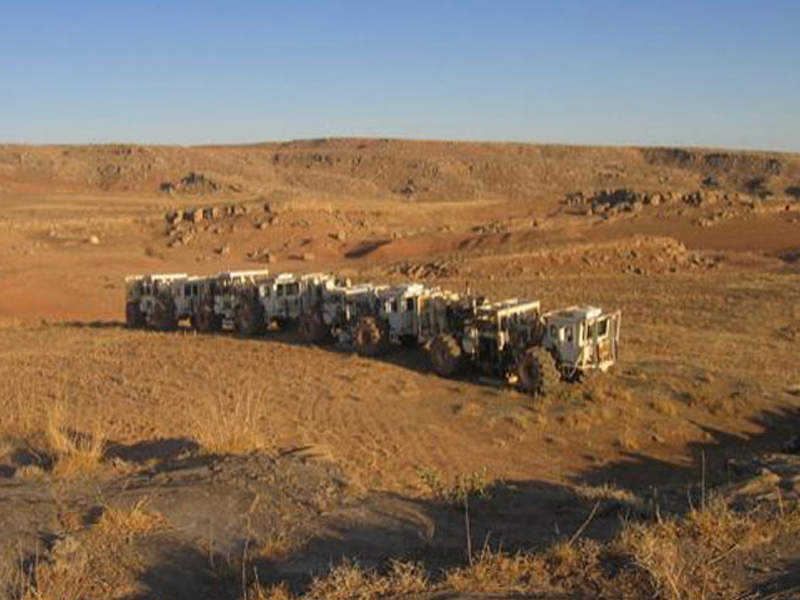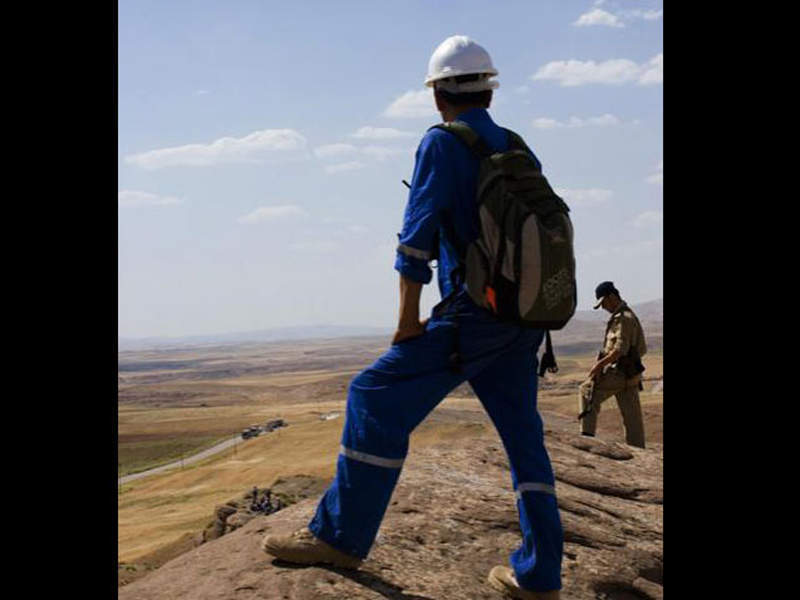Peshkabir oil field is located in Kurdistan in the northern part of Iraq, within the Tawke production sharing contract (PSC), which also contains the Tawke field.
The field is jointly owned by DNO (75%, operator) and Genel Energy International (25%). Production from the field was started through an early production system in 2017.
The Peshkabir field production from six wells averaged 54,000 barrels of oil per day (bopd) in 2018.
Peshkabir oil field location, discovery, and reserves
The Peshkabir oil field is located in the western part of the Tawke PSC. Discovered in October 2016, it is a high amplitude anticline with shallow layers extending on the flanks of the structure.
An independent assessment was carried out to update the reserves estimate for the Tawke PSC in the end of 2018.
The Tawke field is estimated to contain up to 477 million barrels in combined proven reserves, while the Peshkabir field is estimated to contain 220 million barrels.
Exploration and appraisal at Peshkabir oil field
The appraisal activities of the Peshkabir oil field began with the drilling of the Peshkabir-2 well in October 2016. The well discovered oil in the Cretaceous horizon in the southern part of the field. A 170m column of the well was tested and flowed at the rate of 3,800bopd with an API of 28°.
The second appraisal well on the field, Peshkabir-3, was drilled in July 2017 and testing was completed in December 2017. A total of 11 zones in a 1.2km horizontal interval of the Cretaceous and Jurassic reservoir of the well were tested, out of which ten were oil and one was a gas zone.
The oil zones flowed at the rate of 5,340bopd on an average on a 64/64in choke.
The fourth appraisal well, Peshkabir-4, was drilled in 2018 to a depth of 3,525m to test the Triassic reservoir of the field. A total of 11 zones of the well were tested and flowed at the rate of 1,500-7,000bopd per zone.
Peshkabir-5 well was drilled 7km west of Peshkabir-3 and was completed in June 2018. It successfully confirmed the western extension of the field. Testing of four zones of the well was completed in July 2018, which flowed at the rate of 4,000-7,500bopd per zone.
Peshkabir oil field development details
The development of the Peshkabir oil field was accelerated by the company by bringing the field on production within six months of drilling the second appraisal well. The development plan includes drilling a total of 14 production wells.
The Peshkabir-2 and Peshkabir-3 wells were brought into production through an early production system in 2017 and reached a production rate of 16,000bopd by February 2018.
The third appraisal well, Peshkabir-4, was placed in production in July 2018 and started producing at the rate of 10,000bopd. Peshkabir-5 was also put on production in July 2018 at the rate of 8,000bopd.
The Peshkabir-6, Peshkabir-7, and Peshkabir-8 production wells were drilled in the second half of 2018, which brought the production capacity of the field to 54,000bopd.
The eighth production well Peshkabir-9 was completed and brought on stream in the first quarter of 2019.
Further, the Peshkabir-10 production well was spud in February 2019, while the Peshkabir-11 well was also planned to be drilled in the first half of 2019.
Oil transportation
The oil produced at the field is transported by tanker trucks as well as through a 6in-diameter pipeline to the Tawke export terminal located 12km away at Fish Khabur in the north-eastern part of Kurdistan.
A 60,000bopd capacity, 10in-diameter pipeline from Peshkabir to Fish Khabur is currently under construction to facilitate the transfer of expanded production from the field.
The oil produced from Peshkabir wells is co-mingled with the Tawke field production and exported through Turkey.





